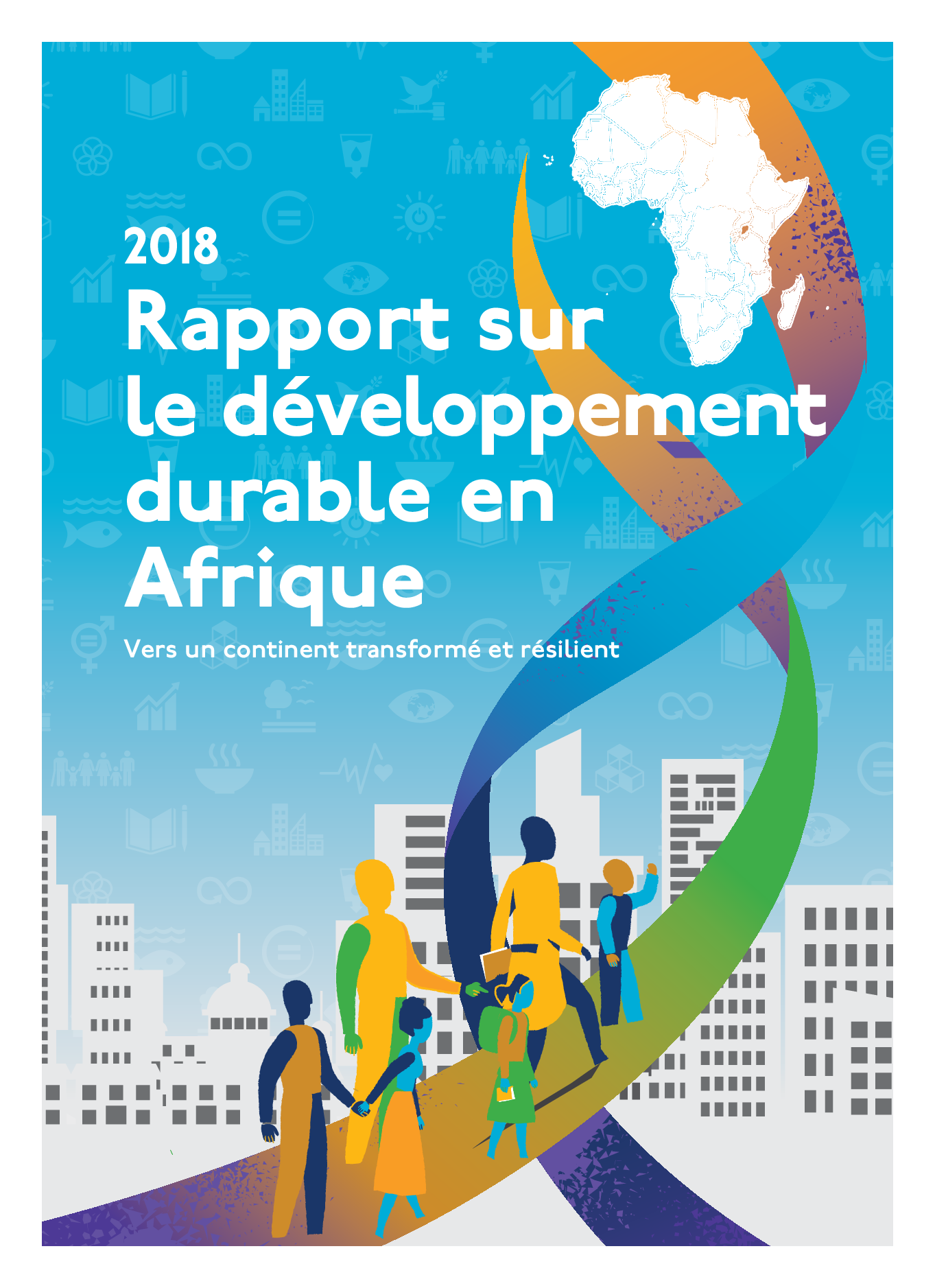Gender Strategy in Agriculture and Rural Development to the Year 2010
The renovation process in Vietnam in the past decade has enabled significant economic growth as well as and greater rights and more important economic roles of farming households. However, much of this reform has focussed on men as head of households, meaning men have benefited more from economic reform, both economically and in terms of their power within the household. Inequalities continue in access to and control of key resources such as land, water, credit and rest time, as well as in access to public services.
Gender and Development In Brief ‘Gender and Climate Change’ – edition 22
Climate change is increasingly being recognised as a global crisis, but responses to it have so far been overly focused on scientific and economic solutions. How then do we move towards morepeople-centred, gender-aware climate change policies and processes? How do we respond to the different needs and concerns of women and men, and also challenge the gender inequalities that mean women are more likely to lose out than men in the face of climate change? This In Brief sets out why it is vital to address the gender dimensions of climate change.
World Survey on the Role of Women in Development: Globalisation, Gender and Work
This global survey examines the impact of current trends and policies on the overall social and economic situation of women. It starts by describing the main economic trends produced by globalisation: trade liberalisation; increased globalised production due to direct investment of multinational corporations; and financial liberalisation. The gender impact of those trends are then analysed in detail beginning with employment and displacement effects, including their influence on women's position within the household and the labour markets around the world.
Gender Responsive Land Tenure Development
What can development cooperation do to improve gender-responsiveness of land tenure development' Central to this objective is the mainstreaming of gender considerations into all areas (macro, meso and micro levels) of development cooperation which influence access to, control over, and benefits from land. This paper outlines the situation of women with regard to land tenure worldwide, and the challenge for development cooperation in addressing the gap between gender imbalances in land tenure and internationally declared aims for gender equality.
Gender & Land – Implications for Sustainable Development A working paper for development practitioners
Less than 2% of the land available worldwide is owned by women. Why is the issue of land so gendered? What approaches and lessons learned can development professionals utilise to address the issue of gender and land? Data demonstrates a glaring gender gap in land holdings in all regions of the world. This is regardless of the fact that women produce 60% to 80% of food in developing countries. This working paper highlights critical issues concerning gender and land and provides an overview of the international and regional legal and policy context.
Alternative Report of Cladem Peru on the Implementation in Peru of the Convention on the Elimination of all Forms of Discrimination Against Women
This shadow report, led by The Latin American and Caribbean Committee for the Defense of Women's Rights -Peru (CLADEM-Peru), contributes to the United Nations Committee that monitors the implementation of the Convention on the Elimination of All Forms of Discrimination Against Women (CEDAW). It is an opportunity for women's groups to monitor their government and to raise concerns about the official submission of the government to the CEDAW committee.
Housing development and women’s right to land and property
The Women Advancement Trust (WAT) in Tanzania carries out various initiatives related to land rights, affordable housing, and inheritance rights. This report presents lessons learned from a housing and shelter development initiative. The goals of the initiative were to empower low-income communities, particularly women, to participate fully and actively in all aspects of human settlements development, including the improvement of their living and housing conditions.
BRIDGE Report 52: Environmentally Sustainable Development and Poverty: A Gender Analysis
How would environmentally sustainable development look if it was gender-sensitive? This report argues that much mainstream literature on environmentally sustainable development has ignored the gender dimensions. Where women have been the target of programmes, they have been seen as natural managers of environmental resources. A gender analysis is important because gender relations affect the ways in which poor men and women manage natural resources.
BRIDGE Report 56: Gender and Development: Facts and Figures
What evidence is there of gender inequalities in life outcomes between women and men? This report provides facts and figures that expose gender inequalities, providing evidence of the need to engender development. It offers an insight into the available gender statistics in the following areas: poverty, health, access to resources, education, globalisation, governance, conflicts and emergencies, and human rights. The Beijing Platform for Action (1995) highlighted the different needs of women and men, girls and boys.
Ecosystem services and small-holder farming practices -between payments, development support and right- an integrated approach (ILMI Working paper 10)
Small-scale farmers in north-central Namibia face numerous challenges, ranging from low crop yields, high rainfall variability and land degradation which is threatening the long-term productivity of the land, to social changes that are reducing the work force available for farming. This paper aims to assess existing land use practices (LUPs) and to determine their relationship to ecosystem services (ES). As agriculture (crop and livestock farming) is the dominant land use in northern Namibia, it is the main driver influencing environmental services and will be in the focus here. We suggest



